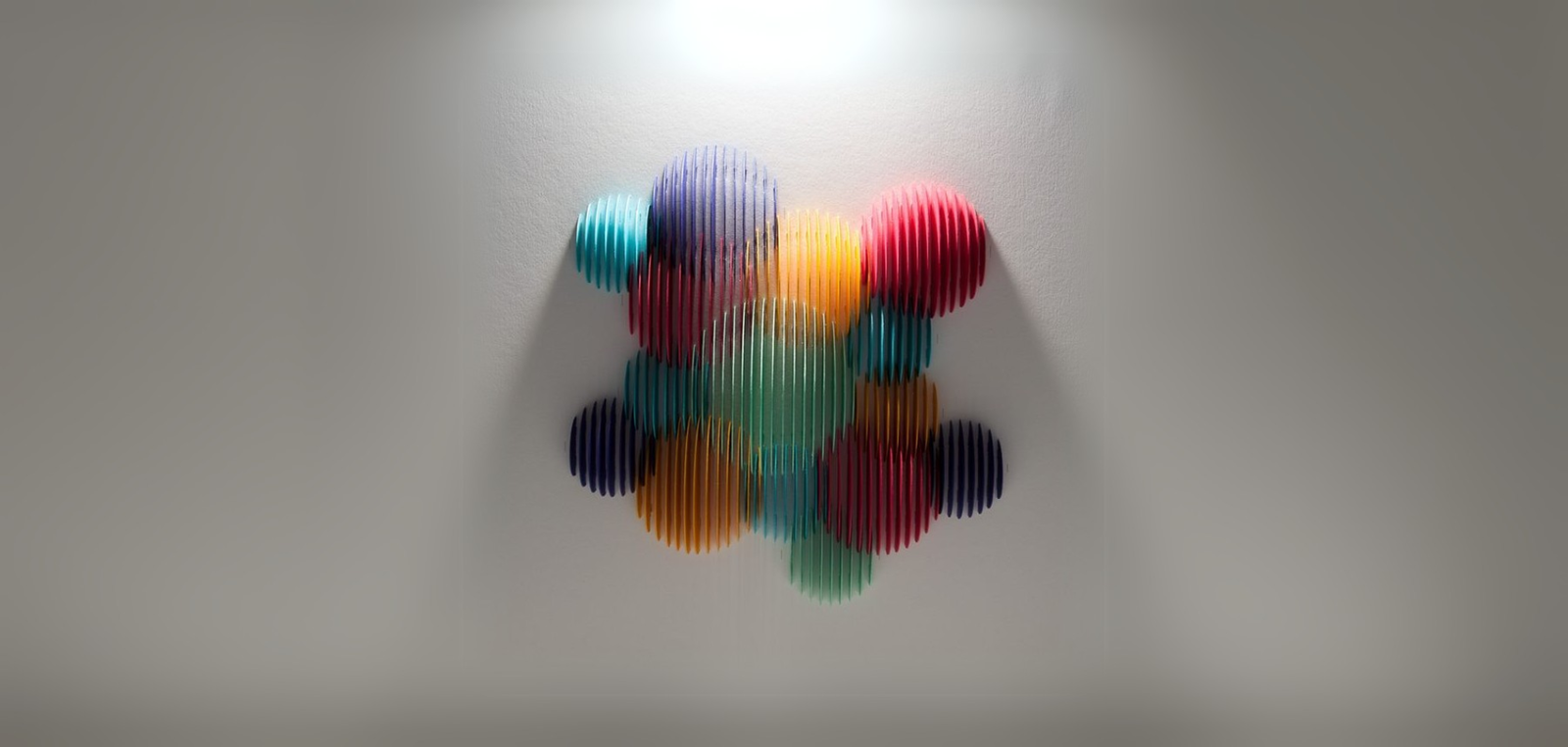AI as a Creative Partner
The art world is undergoing a profound transformation as artificial intelligence (AI) emerges as a creative partner for artists. AI systems are enabling new forms of artistic expression and pushing the boundaries of creativity.
Generative art, powered by autonomous systems and machine learning algorithms, has become a key area where AI influences the artistic process. These systems analyze vast datasets, recognize patterns, and create entirely new compositions, often mimicking or surpassing human styles.
“AI allows us to explore uncharted territories of creativity, blurring the line between creator and creation.” – Antoine Michaud
AI in Visual Art and Music
Projects like “Borderless” by teamLab showcase how AI-driven digital projections respond dynamically to viewers’ movements. Similarly, musicians like Antoine Michaud use AI to compose melodies, blending human creativity with machine learning algorithms.
Key Applications
- AI-generated visual compositions redefine traditional art forms.
- Musical compositions extend classical works through neural networks.
- Installations create interactive, ever-changing experiences for audiences.
Ethical Considerations
Despite its potential, AI-generated art raises questions about authorship, ownership, and emotional depth. Critics argue that AI lacks the personal expression central to human artistry. However, many believe the artist serves as the curator, guiding AI tools to meaningful results.

The Symbiotic Future
The future of art will likely be a partnership between humans and AI. As technology evolves, artists will innovate further, creating a harmonious blend of machine intelligence and human creativity. The lines between artist and tool, creator and creation, will continue to blur.
Looking Ahead
While challenges remain, AI as a creative partner offers unprecedented opportunities. It’s a new era where collaboration between humans and machines inspires groundbreaking artistic achievements.
